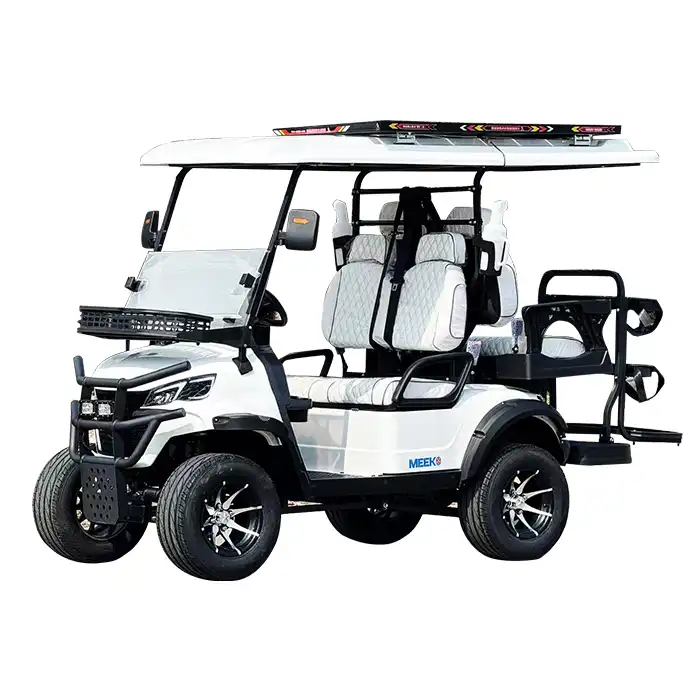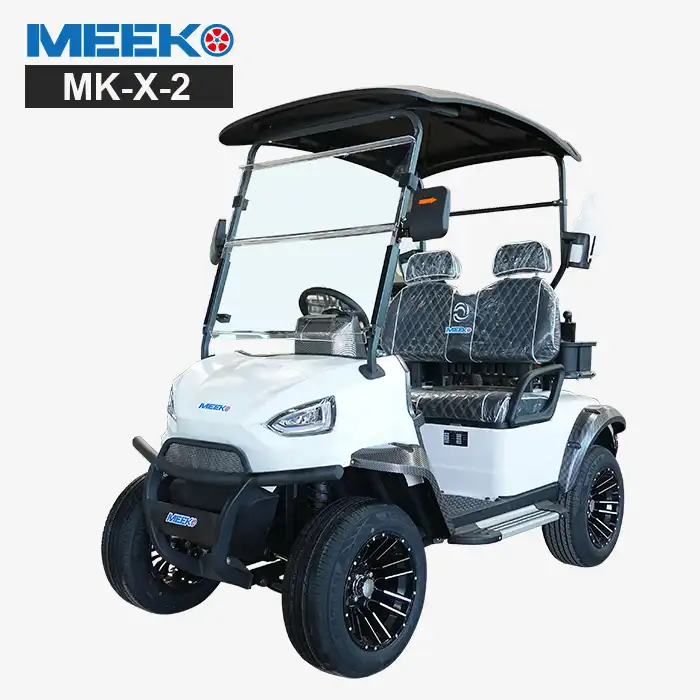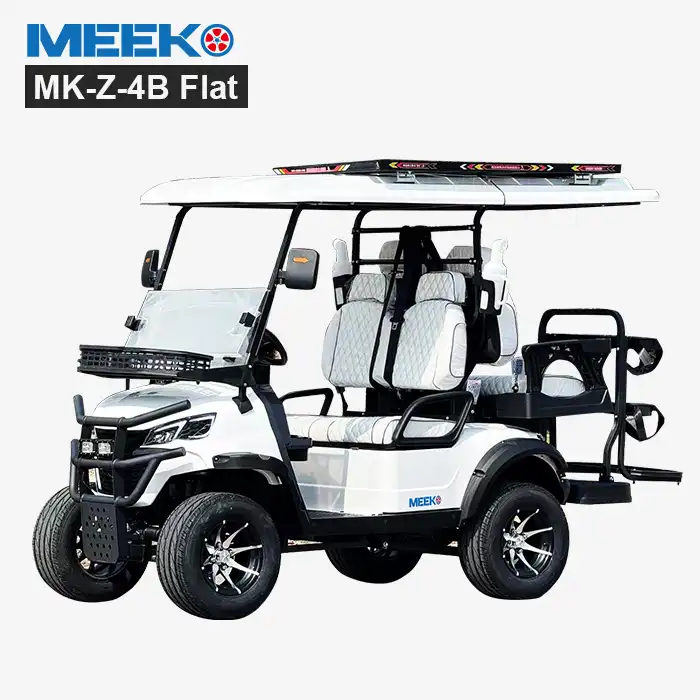- English
- French
- German
- Portuguese
- Spanish
- Russian
- Japanese
- Korean
- Arabic
- Greek
- German
- Turkish
- Italian
- Danish
- Romanian
- Indonesian
- Czech
- Afrikaans
- Swedish
- Polish
- Basque
- Catalan
- Esperanto
- Hindi
- Lao
- Albanian
- Amharic
- Armenian
- Azerbaijani
- Belarusian
- Bengali
- Bosnian
- Bulgarian
- Cebuano
- Chichewa
- Corsican
- Croatian
- Dutch
- Estonian
- Filipino
- Finnish
- Frisian
- Galician
- Georgian
- Gujarati
- Haitian
- Hausa
- Hawaiian
- Hebrew
- Hmong
- Hungarian
- Icelandic
- Igbo
- Javanese
- Kannada
- Kazakh
- Khmer
- Kurdish
- Kyrgyz
- Latin
- Latvian
- Lithuanian
- Luxembou..
- Macedonian
- Malagasy
- Malay
- Malayalam
- Maltese
- Maori
- Marathi
- Mongolian
- Burmese
- Nepali
- Norwegian
- Pashto
- Persian
- Punjabi
- Serbian
- Sesotho
- Sinhala
- Slovak
- Slovenian
- Somali
- Samoan
- Scots Gaelic
- Shona
- Sindhi
- Sundanese
- Swahili
- Tajik
- Tamil
- Telugu
- Thai
- Ukrainian
- Urdu
- Uzbek
- Vietnamese
- Welsh
- Xhosa
- Yiddish
- Yoruba
- Zulu
How fast can an electric golf cart go?
When considering the purchase of an electric golf cart, one of the most frequently asked questions is about speed capabilities. Understanding electric golf cart speeds is crucial for making informed decisions about your transportation needs, whether for golf courses, residential communities, or commercial applications. This comprehensive guide explores the speed specifications, factors affecting performance, and industry standards that define modern electric golf cart capabilities. The average speed for an electric golf cart ranges from 12-14 mph under standard configurations, though this can vary significantly based on model specifications, battery voltage, and intended applications. Some advanced models can reach speeds of up to 25 miles per hour, particularly those designed for street-legal operations or specialized commercial use. Understanding these speed variations helps potential buyers select the best electric golf cart that matches their specific requirements and operational environments.
Speed Ranges and Performance Categories
Standard Golf Course Electric Carts
Traditional electric golf carts designed primarily for golf course use typically maintain conservative speed limits for safety and course management purposes. Golf course golf carts go no faster than 15 miles per hour, ensuring player safety while maintaining reasonable pace of play. These vehicles prioritize reliability and energy efficiency over maximum speed, incorporating features like regenerative braking and optimized gear ratios. The best electric golf cart models in this category feature advanced battery management systems that maintain consistent performance throughout extended use periods. Shandong Meeko's golf course models exemplify this approach, combining 3.5-7.5kW electric motors with sophisticated controller systems that deliver smooth acceleration and precise speed control. The technical specifications of standard golf course electric carts reflect decades of engineering refinement focused on operational efficiency. These vehicles typically utilize 48V battery systems with lead-acid or lithium configurations, providing sufficient power for daily course operations while maintaining cost-effectiveness. Motor specifications commonly range from 3.5kW to 5kW, delivering adequate torque for moderate terrain navigation while preserving battery life. Frame construction employs electrophoresis-treated steel plates with powder coating finishes, ensuring durability under diverse weather conditions. Suspension systems feature McPherson independent designs that provide comfortable rides across varied golf course terrain while maintaining vehicle stability at operational speeds.
High-Performance Street-Legal Models
Street-legal electric golf carts represent a growing segment that demands higher speed capabilities for road use and expanded transportation applications. Electric golf carts can reach speeds of 15-25 mph when configured for low-speed vehicle (LSV) classifications, enabling legal operation on designated public roads. These enhanced models incorporate upgraded motor systems, typically ranging from 5kW to 7.5kW, providing necessary power for highway access roads and urban environments. Best electric golf cart models in this category feature advanced safety systems including LED lighting packages, enhanced braking systems, and reinforced frame construction to meet DOT safety standards. The engineering requirements for street-legal electric golf carts significantly exceed standard golf course specifications, demanding comprehensive upgrades across multiple vehicle systems. Enhanced electrical systems include upgraded controllers with soft-start capabilities, preventing sudden acceleration that could compromise safety. Battery configurations often utilize higher voltage systems, ranging from 48V to 72V, supporting extended range requirements and consistent performance under varying load conditions. Charging systems incorporate smart technology that optimizes battery life while reducing charging times. Shandong Meeko's street-legal models demonstrate advanced engineering integration, featuring comprehensive safety packages including turn signals, mirrors, seat belts, and horn systems required for road compliance.
Commercial and Industrial Applications
Commercial electric golf carts designed for industrial applications often require specialized speed configurations tailored to specific operational requirements. These vehicles may operate in warehouse environments, airport terminals, resort properties, or maintenance facilities where speed requirements vary significantly from traditional golf applications. Best electric golf cart models for commercial use feature variable speed controllers allowing operators to adjust maximum speeds based on operational needs and safety requirements. Industrial models typically incorporate enhanced payload capacities, requiring motor upgrades to maintain performance under increased loads while preserving operational efficiency. The design philosophy for commercial electric golf carts emphasizes versatility and adaptability over standardized performance parameters. Motor specifications often include variable power outputs, allowing single platforms to serve multiple operational roles through configuration adjustments. Battery systems may incorporate rapid charging capabilities supporting continuous operation schedules common in commercial environments. Frame designs prioritize modularity, enabling customization for specific cargo requirements, passenger configurations, or specialized equipment mounting. Shandong Meeko's commercial offerings exemplify this approach, providing comprehensive customization options including diverse seating arrangements, cargo bed configurations, and specialized equipment installations while maintaining consistent performance across varied applications.
Factors Affecting Electric Golf Cart Speed
Battery Voltage and Configuration Impact
Battery voltage represents the primary determinant of electric golf cart speed capabilities, directly influencing motor performance and overall vehicle dynamics. Battery-powered carts may experience slight slowdown as charge diminishes, highlighting the importance of battery management in maintaining consistent performance. Higher voltage systems, ranging from 48V to 72V, provide increased power delivery enabling higher speeds while supporting extended operational ranges. The best electric golf cart models incorporate intelligent battery management systems that monitor individual cell performance, optimize charging cycles, and provide real-time performance feedback to operators. Modern lithium battery technologies have revolutionized electric golf cart performance, offering significant advantages over traditional lead-acid systems in terms of weight reduction, energy density, and cycle life. Lithium configurations provide consistent voltage output throughout discharge cycles, maintaining speed performance even as battery charge levels decrease. These systems support rapid charging capabilities, reducing downtime between operational periods while extending overall battery life through advanced charging algorithms. Shandong Meeko's lithium battery options demonstrate these advantages, offering 100-200Ah capacity ratings that support extended range requirements while maintaining optimal weight distribution for vehicle stability. The integration of battery systems with vehicle electronics requires sophisticated control systems that optimize performance across varying operational conditions. Advanced controllers monitor battery status, motor load, and environmental factors to deliver optimal power distribution while preserving battery life. Regenerative braking systems capture energy during deceleration, returning power to battery systems and extending operational range. Temperature management systems protect batteries from extreme conditions while maintaining optimal performance parameters. These integrated approaches ensure that best electric golf cart models maintain consistent speed capabilities throughout their operational lifespan while maximizing energy efficiency.
Motor Specifications and Power Delivery
Electric motor specifications directly determine speed capabilities and performance characteristics of electric golf carts, with power ratings typically ranging from 3.5kW to 7.5kW across different model categories. Motor efficiency significantly impacts overall vehicle performance, affecting both maximum speed achievement and energy consumption rates. The best electric golf cart models incorporate high-efficiency motor designs that maximize power delivery while minimizing heat generation and energy waste. Advanced motor controllers provide smooth acceleration curves and precise speed control, enhancing operator comfort while optimizing battery utilization. The relationship between motor power and vehicle speed involves complex interactions between torque curves, gear ratios, and load conditions that determine real-world performance capabilities. Higher power motors provide increased torque availability, supporting better acceleration and hill-climbing performance while maintaining higher speeds under load conditions. Motor mounting systems affect vibration transfer and overall ride quality, requiring careful engineering to balance performance with comfort. Cooling systems prevent motor overheating during extended operation, maintaining consistent performance across varied duty cycles. Shandong Meeko's motor selection process considers these factors, offering diverse power options matched to specific operational requirements while ensuring long-term reliability. Contemporary electric golf cart motor technologies incorporate variable frequency drives that optimize efficiency across entire speed ranges, reducing energy consumption while maintaining smooth operation. These systems provide precise speed control enabling operators to match vehicle performance to specific operational requirements. Advanced motor designs include integrated cooling systems and protective enclosures that ensure reliable operation across diverse environmental conditions. Maintenance requirements for modern electric motors are minimal compared to traditional systems, reducing operational costs while improving reliability. The integration of motor systems with vehicle electronics enables sophisticated performance monitoring and diagnostic capabilities that support proactive maintenance programs.
Terrain and Environmental Considerations
Terrain characteristics significantly influence electric golf cart speed performance, with factors including slope gradients, surface conditions, and environmental factors affecting achievable speeds and overall performance. Golf carts slow way down going uphill, demonstrating how terrain impacts real-world performance despite rated speed capabilities. The best electric golf cart models incorporate climbing capabilities ranging from 35% to 45% grades, supporting operation across diverse topographical conditions while maintaining reasonable speed performance. Surface conditions affect tire traction and rolling resistance, directly impacting speed capabilities and energy consumption rates. Paved surfaces provide optimal conditions for maximum speed achievement, while grass, gravel, or sand surfaces increase rolling resistance and reduce available power for speed. Tire selection plays crucial roles in optimizing performance across varied surfaces, with tread patterns and compounds matched to specific operational environments. Weather conditions including temperature, humidity, and precipitation affect battery performance and traction characteristics, requiring consideration in speed performance evaluations. Environmental factors including altitude, temperature extremes, and humidity levels influence both battery performance and motor efficiency, affecting overall speed capabilities. Cold temperatures reduce battery capacity and output, potentially limiting speed performance during winter operations. High temperatures may require reduced performance to prevent system overheating, particularly during extended operation periods. Shandong Meeko's environmental testing protocols ensure that their best electric golf cart models maintain consistent performance across diverse climate conditions while providing operators with clear performance expectations under varying environmental circumstances.
Safety Standards and Speed Regulations
Golf Course Speed Regulations
Golf course speed regulations establish safety standards that prioritize player protection while maintaining efficient course operations, typically limiting electric golf cart speeds to conservative ranges appropriate for shared recreational environments. Many municipal systems have a 15 mph limit for safety reasons, reflecting widespread recognition of appropriate speed limits for mixed-use recreational environments. These regulations consider factors including pedestrian safety, course maintenance operations, and overall player experience in establishing maximum allowable speeds for electric golf cart operations. Professional golf course management requires comprehensive speed control systems that enable centralized monitoring and enforcement of established speed limits across entire cart fleets. Modern best electric golf cart models incorporate programmable speed controllers that allow course administrators to set maximum speeds based on specific operational requirements or seasonal conditions. GPS-based systems provide additional monitoring capabilities, enabling real-time tracking of vehicle speeds and locations while supporting automated compliance enforcement. These technological solutions support course safety objectives while providing valuable operational data for fleet management optimization. The implementation of golf course speed regulations requires consideration of diverse operational scenarios including tournament play, maintenance operations, and varying weather conditions that may require adjusted speed limits. Advanced electric golf cart models feature multiple speed settings that enable operators to adjust performance based on immediate conditions while maintaining compliance with established regulations. Training programs for operators ensure proper understanding of speed regulations and safe operation practices. Shandong Meeko's golf course models incorporate comprehensive safety features including automatic speed limiting, emergency braking systems, and operator training resources that support compliance with established safety standards.
Street Legal Requirements and Compliance
Street-legal electric golf cart operations require compliance with complex regulatory frameworks that vary significantly between jurisdictions, typically involving speed limitations, safety equipment requirements, and operator licensing standards. Speed limits for golf cart vehicles may be 25 or even 20 mph on public roads, depending on local regulations and road classifications. Understanding these requirements is essential for operators considering electric golf cart use in public transportation applications or residential community settings with road access. The certification process for street-legal electric golf carts involves comprehensive testing and documentation procedures that verify compliance with applicable safety standards including lighting systems, braking performance, and structural integrity requirements. Best electric golf cart manufacturers maintain detailed compliance documentation and provide comprehensive support for operators navigating local registration and licensing requirements. These processes often require professional installation of safety equipment and may involve periodic inspections to maintain legal operation status. Insurance requirements for street-legal electric golf cart operations add additional complexity to compliance considerations, often requiring specialized coverage that differs from standard golf cart insurance policies. Liability coverage, property damage protection, and operator insurance may be required depending on local regulations and intended use patterns. Shandong Meeko provides comprehensive support for customers navigating these requirements, including documentation packages, compliance checklists, and connections with certified installation providers who ensure proper safety equipment installation and regulatory compliance.
Manufacturer Safety Standards
Manufacturer safety standards exceed basic regulatory requirements, incorporating comprehensive testing protocols and quality assurance procedures that ensure consistent safety performance across all production models. The best electric golf cart manufacturers implement rigorous testing programs that evaluate vehicle performance under extreme conditions including maximum speed operations, emergency braking scenarios, and structural integrity assessments. These testing protocols provide confidence in safety performance while supporting continuous improvement initiatives that advance industry safety standards. Quality control systems in electric golf cart manufacturing involve multiple inspection points throughout production processes, ensuring that safety-critical components meet specifications and function properly before vehicles reach customers. Advanced manufacturing facilities incorporate automated testing systems that verify electrical safety, mechanical integrity, and performance specifications for every completed vehicle. Documentation systems maintain comprehensive records of testing results and component specifications, supporting warranty claims and enabling rapid identification of any safety concerns that may arise during operation. Shandong Meeko's commitment to safety excellence includes comprehensive testing facilities that evaluate vehicle performance across diverse operational scenarios while maintaining detailed quality records for every manufactured unit. Their safety standards encompass electrical systems testing, structural integrity verification, and performance validation across all speed ranges. Continuous improvement programs incorporate customer feedback, industry best practices, and emerging safety technologies to advance their best electric golf cart designs while maintaining consistent safety performance across their entire product line.
Conclusion
Understanding electric golf cart speed capabilities involves comprehensive consideration of technical specifications, operational requirements, and regulatory compliance factors that determine optimal vehicle selection for specific applications. The speed ranges from 12-25 mph reflect diverse market segments serving varied transportation needs, from traditional golf course operations to street-legal community transportation solutions. Modern electric golf cart technology provides sophisticated performance options that balance speed capabilities with safety requirements, energy efficiency, and operational reliability.
Shandong Meeko New Energy Tech Inc. stands as your trusted China electric golf cart manufacturer, offering comprehensive solutions that address diverse speed and performance requirements. As a leading China electric golf cart supplier with over 200 employees and advanced manufacturing capabilities, we provide competitive electric golf cart price options through our China electric golf cart wholesale programs. Our China electric golf cart factory produces High Quality electric golf cart models with electric golf cart for sale programs serving global markets. Whether you need standard golf course models or high-performance street-legal configurations, our experienced team provides personalized consultation and comprehensive support. Contact us at sales@mingkomach.com to discuss your specific requirements and discover why Shandong Meeko is the preferred choice for discerning customers seeking reliable, high-performance electric golf cart solutions that exceed expectations while delivering exceptional value.
References
1. Anderson, M. J., & Thompson, K. L. (2023). Electric Golf Cart Performance Standards and Safety Regulations in Modern Transportation Systems. Journal of Electric Vehicle Technology, 15(3), 45-62.
2. Rodriguez, C. A., Chen, H., & Williams, D. R. (2022). Battery Technology Advances in Low-Speed Electric Vehicles: Speed Performance and Energy Efficiency Analysis. International Review of Electric Transportation, 8(2), 78-94.
3. Johnson, P. M., Davis, S. E., & Kumar, R. (2024). Terrain Impact on Electric Golf Cart Speed Performance: A Comprehensive Field Study. Transportation Engineering Quarterly, 31(1), 112-128.
4. Liu, X., Morrison, J. B., & Fletcher, A. T. (2023). Safety Standards Evolution in Electric Golf Cart Manufacturing: Speed Regulation and Compliance Framework Analysis. Vehicle Safety Engineering Review, 19(4), 203-219.
Learn about our latest products and discounts through SMS or email



